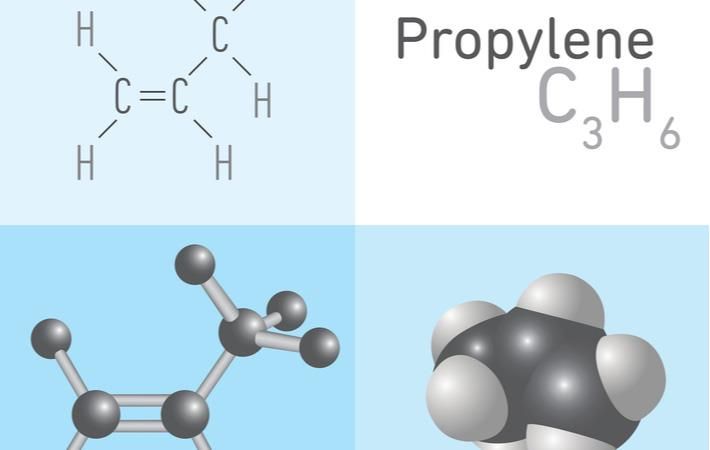The COVID-19-induced subdued momentum, especially in construction and automotive sectors, is likely to hurt the interests of the polypropylene market in the short run, according to a market intelligence study. Revising its market forecast to negative 2.1 per cent (volume) for 2020, the Pune-based firm remains bullish on the long-term prospects of the market.
“Despite a bearish rally for polypropylene over the last three months, a more positive outlook for oil will pave way for brighter polypropylene settlements in the near term,” the study by Pune-based Future Market Insights (FMI) said.The COVID-19-induced subdued momentum, especially in construction and automotive sectors, is likely to hurt the interests of the polypropylene market in the short run, according to a market intelligence study.Revising its market forecast to negative 2.1 per cent (volume) for 2020, the Pune-based firm remains bullish on the long-term prospects of the market.#
Polypropylene demand decline has been more pervasive vis-à-vis its other plastic variants in automotive and this will continue till resumption of manufacturing operations. However, high sales of spun-bound and meltblown polypropylene grades in the production of personal protective equipment (PPE) and masks can offset some of the losses, the study said.
“The production of polypropylene requires a substantial amount of capital investment. Re-use and recyclability will not only reduce overall investment cost but also substantially reduce carbon emissions” an FMI press release said quoting an analyst involved in the study. With crude oil prices moving well below the $30 per barrel, low purchase costs of feedstock such as propylene will offer lifelines to polypropylene manufacturers.
Superior Fluid Catalytic Cracking (FCC) additives for optimizing feedstock yields of propylene are set to expand profit pools of refineries thus having a positive impact on overall growth of polypropylene market, it said.
Borealis, one of the key players has been continuously extending support to all its partners in the polypropylene value chain to make the shift to polypropylene solutions that are viable in sustainable packaging.
Both Sabic and BASF have engineered newer processes to recycle polypropylene from a low-value, low-quality plastic to a pre-consumer plastic that can be effectively used in a number of food packaging applications. BASF has also collaborated with Jaguar to convert plastic waste into high-end automotive parts.
SCG has come out with a technology called as SMX that minimizes the utilization of plastic and paves way for applications in film packaging and chemical drums with more impact resistance and perforation.
East Asia’s prominence in the polypropylene market is likely to continue unabated owing to its fast growing automotive and construction sectors, the study found.
Another key factor driving growth of polypropylene market in East Asia is the focus of manufacturers on customisation of product portfolio as per specific applications. In East Asia, polypropylene is being prominently used in BOPP film, injection moldings, and Raffia or thermoforming.
With viral epicenters having shifted to countries such as India, demand for polypropylene grades is robust in packaging and medical applications. Production appetite for bottle caps and closures in medical, hygiene and pharmaceutical applications has led to significant improvements in the demand outlook for East Asia, FMI added.
ALCHEMPro News Desk (DS)
